George Russell’s recent comments have sparked debate amongst Formula 1 drivers, as they continue to express concern about the sport’s current racing product.
The Mercedes driver made the remark to the media following last week’s race in Austin, labelling the sport as “a race to Turn 1″ as the top six remained unchanged.
This comes after a run of one-stop races, which have seen minimal overtaking opportunities.
Russell shut down any ideas that F1 teams are managing tyres when they should be attacking during races.
Instead, the Briton admits that he and his rivals are simply learning about the tyres as the season progresses.
“I don’t think we are managing, to be honest,” Russell expanded to media including Motorsport Week.
“I think as the season progresses, every team learns more and more about their car, about their tyres.
“We have made set-up improvements that reduce tyre degradation, which reduces tyre temperature.
“Some of the recent races have been a one-stop. Had we had the car at the beginning of the season, I don’t think we could have achieved a one-stop.”
Russell believes this problem does not have a plausible solution, as it is simply a technical consequence of progress.
“It’s a natural evolution,” Russell added. “I don’t think anyone’s to blame.
“For someone like Pirelli, they’re always having to look forward of where the cars are going to be.
“That may compromise the start of the year, but it helps the end of the year. It’s not straightforward.”
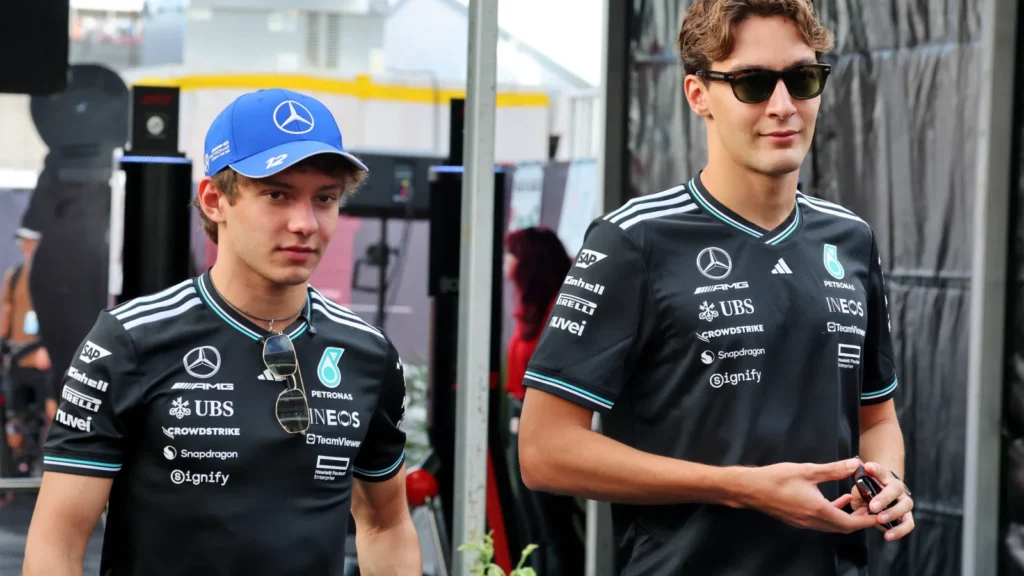
Russell’s assessment gathers support
This is echoed by Russell’s Mercedes team-mate, Andrea Kimi Antonelli, who agreed that overtaking has become nearly impossible in modern-day F1.
“Definitely, as a driver, you feel massively the difference when you’re driving in clean air or in dirty air,” the Italian explained.
“I think also because Pirelli has improved the tyre, the tyre is more robust, it allows you to do longer stints, so there’s less degradation.
“Also with the pace of the cars being so close it’s really hard to generate a pace advantage.”
The Mercedes rookie highlighted the recent Singapore Grand Prix as an example of the hardships that drivers faced to make up ground in race conditions.
“Even if you have a couple of tenths [of a second] on the car in front, it’s very difficult to be able to overtake,” he continued.
“I remember in Singapore, Charles [Leclerc] was having some issues, and because of that I had a big pace advantage. And still I did 40-something laps behind him.
“Singapore is not the easiest track to overtake on, but it was really hard to follow closely. So I think it’s difficult, and that’s why quali and lap one are super-important.”
Carlos Sainz recalled a few years ago when following a car was “better” than being ahead with DRS. The Spaniard believes that the sport has somehow gone backwards.
“In ’22, I remember it was really easy to follow. You were almost, in some tracks, better off being behind than in front for the DRS,” he said.
“I remember in Jeddah, Bahrain, there were a lot of on-track battles. The cars have developed into being very difficult to follow.
“At the same time, you add the fact that the tyres have become more robust, less degradation—it’s more difficult to achieve any kind of tyre delta that allows you to overtake.”
Drivers call the sport to be proactive
Despite this, Sainz argued that the sport must anticipate these trends, rather than be reactive after they have impacted teams and drivers.
“As F1, I think we just need to try and be a step ahead of that and try and predict when that’s going to be the case and maybe work with Pirelli
or the teams to know what can we do to make sure that the races remain always on the limit of the one-stop [strategy], to at least have some kind of tyre delta.
“Or maybe do something with the rule tweaks, maybe to extend the DRS zones a bit.
But I always feel like in F1 we are chasing rather than trying to be a step ahead of what’s happening on-track.”
Meanwhile, Nico Hulkenberg agreed with both Russell and Sainz’s concerns for the sport’s future, emphasising that he has witnessed this problem grow worse since 2022.
“It reminds me of the past a little bit in some ways,” Hulkenberg admitted.
“Year-on-year from ’22, ’23, ’24 and so on, it has gone worse and worse, and now it is very difficult.
“It sometimes makes for static racing. So yes, quali is very important, and it is a race to turn one.”
READ MORE – Fernando Alonso disagrees that three-way 2025 F1 title battle is comparable to 2007
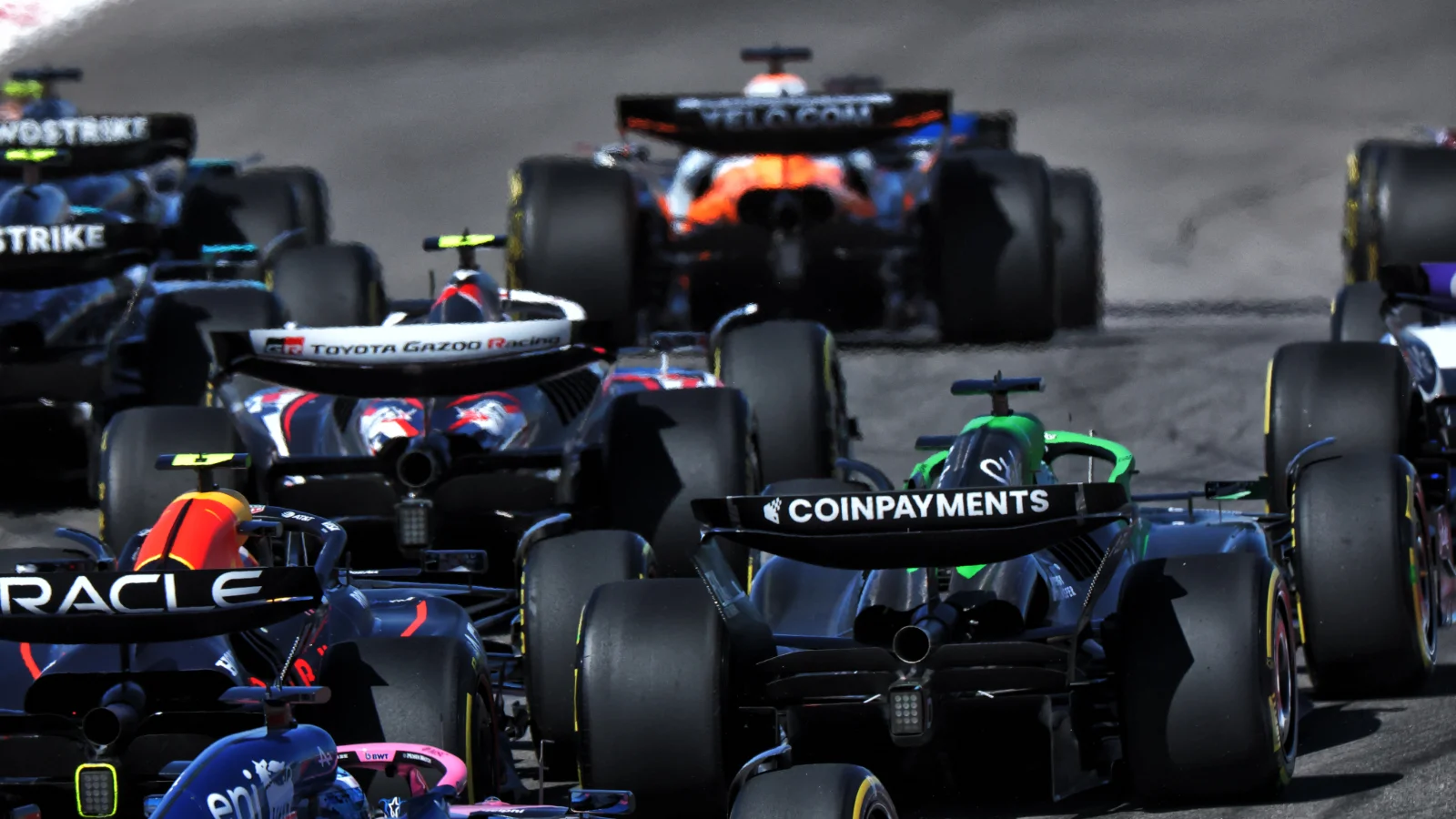


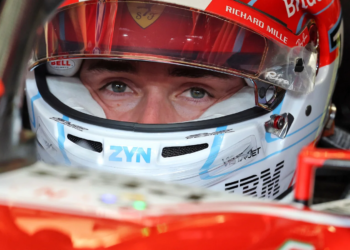
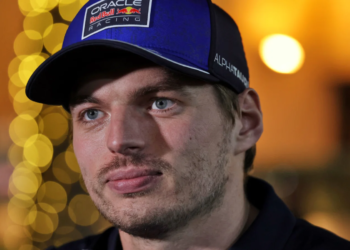
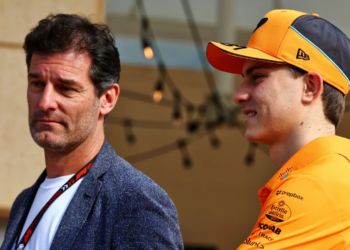
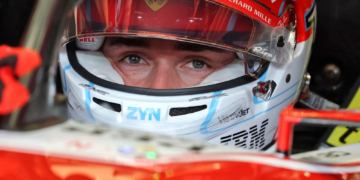
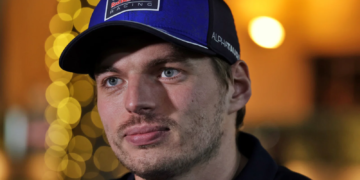
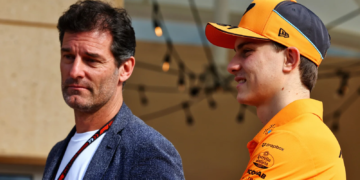
Discussion about this post